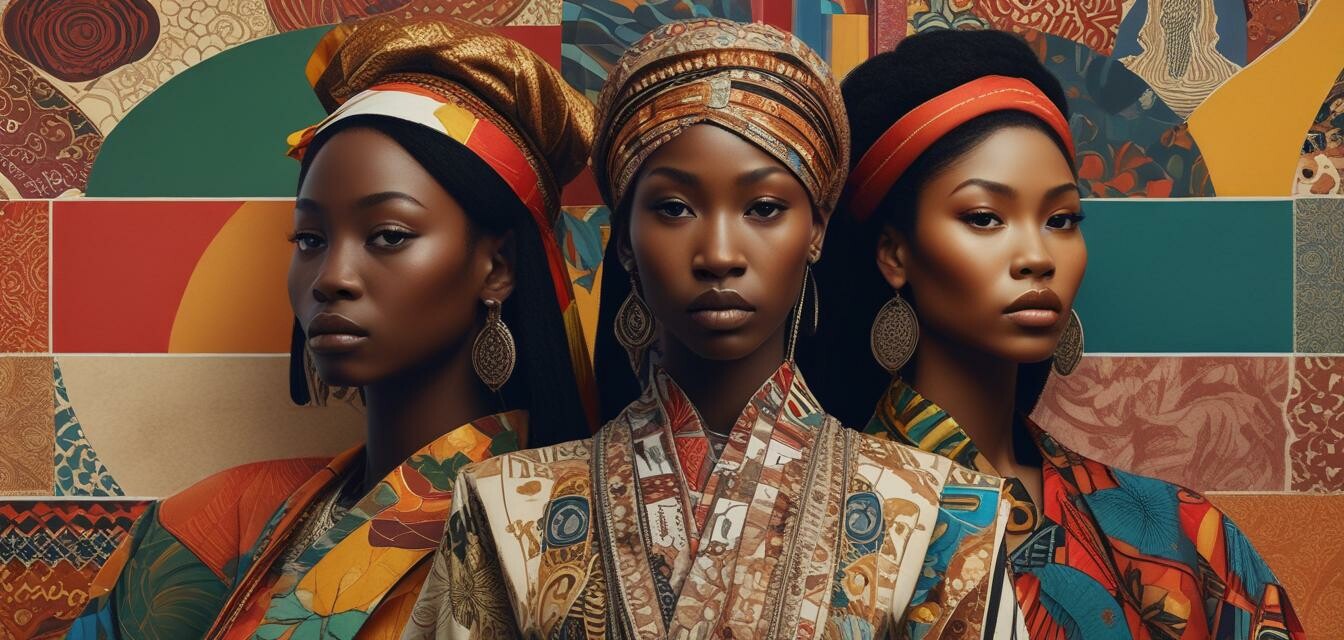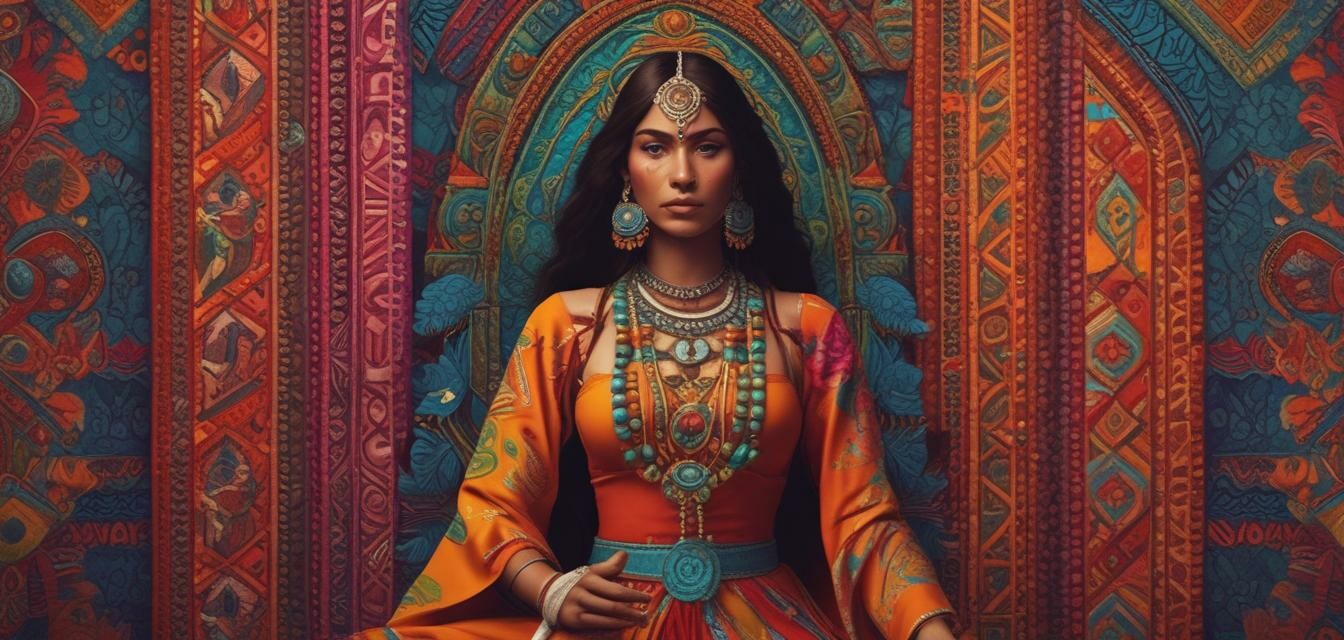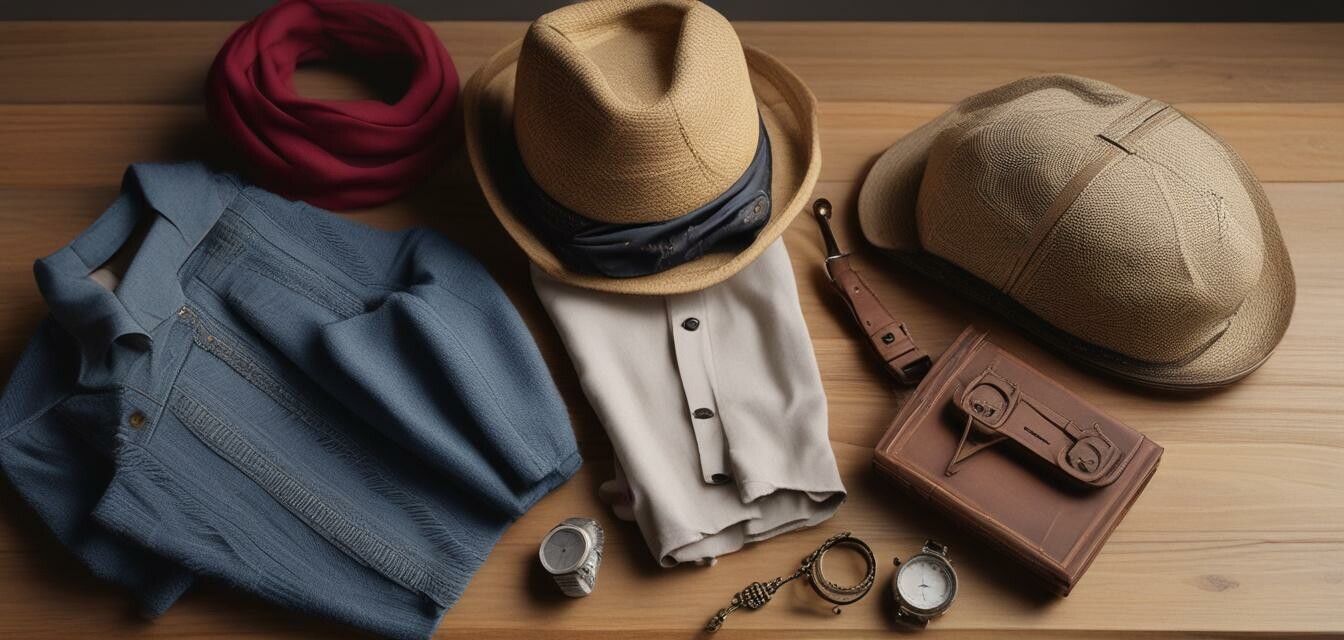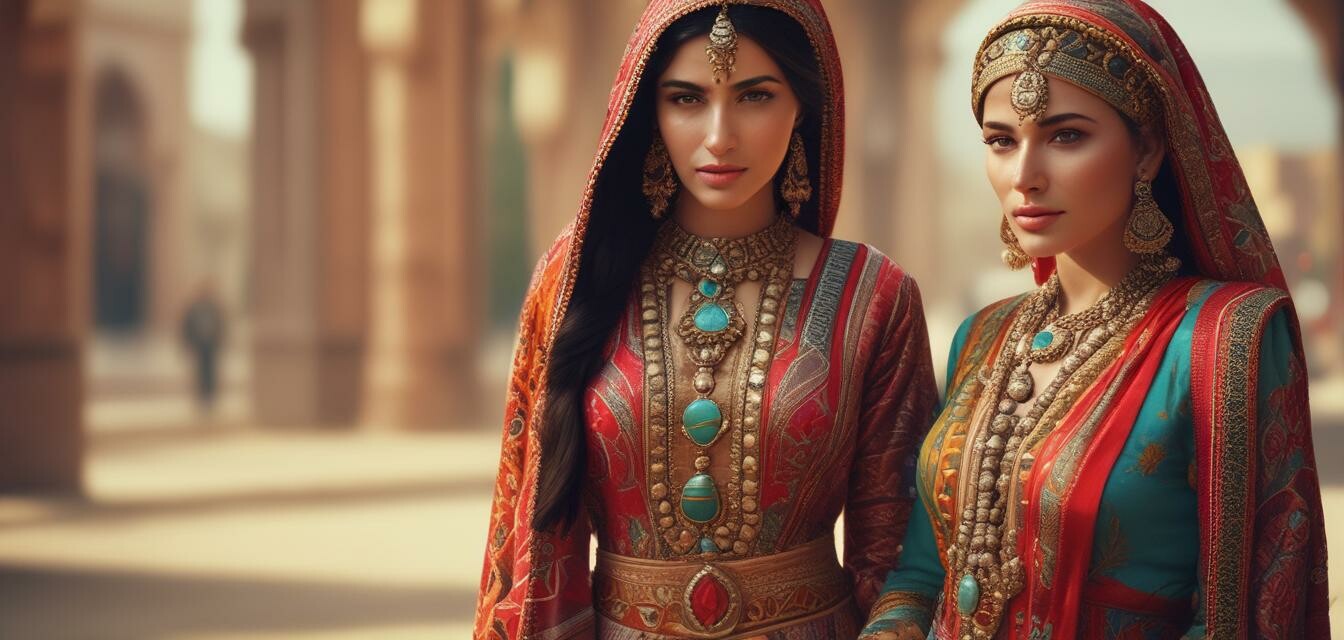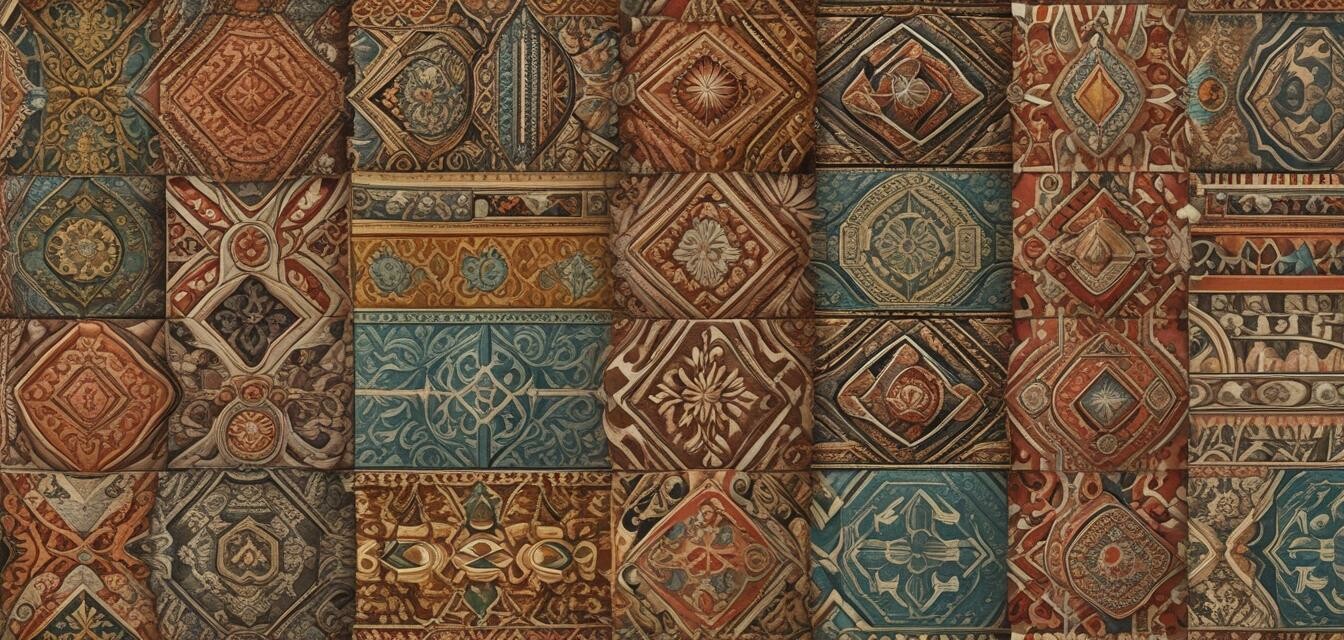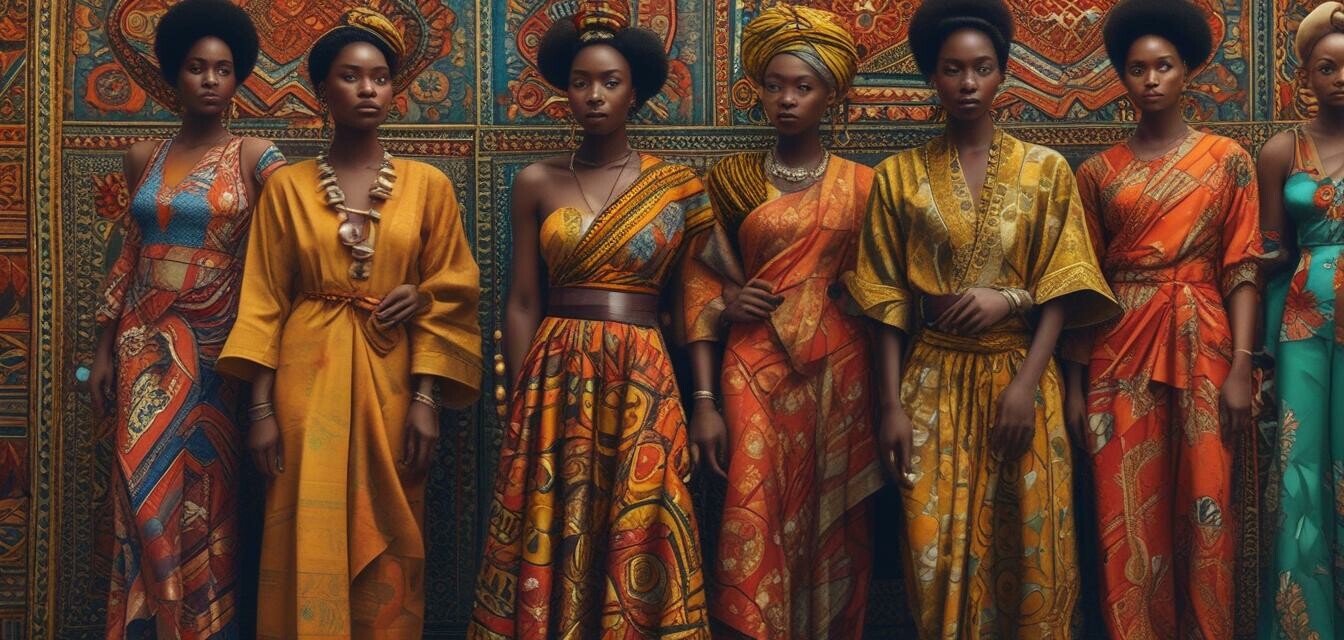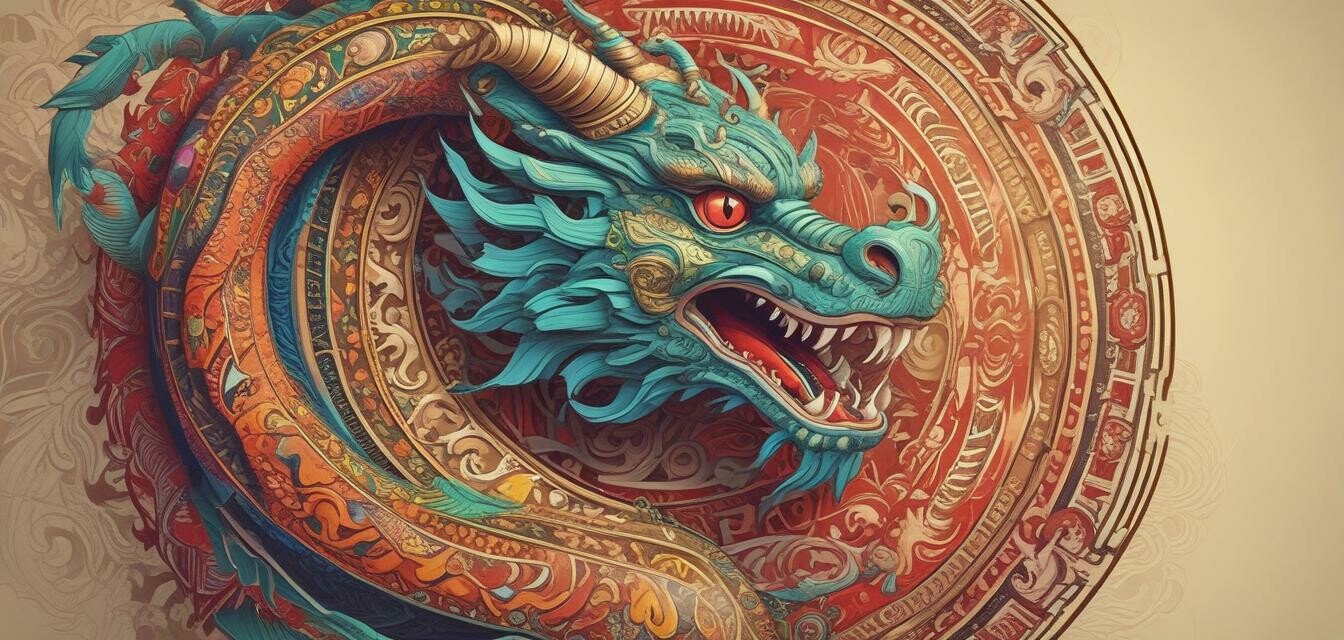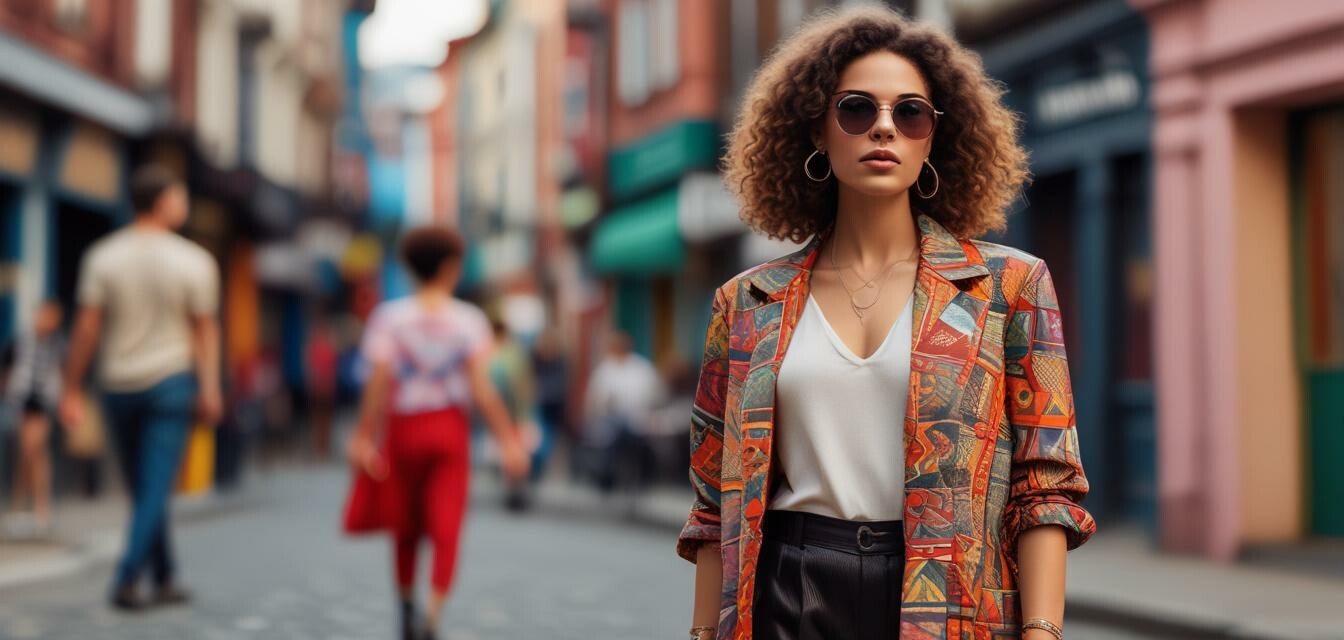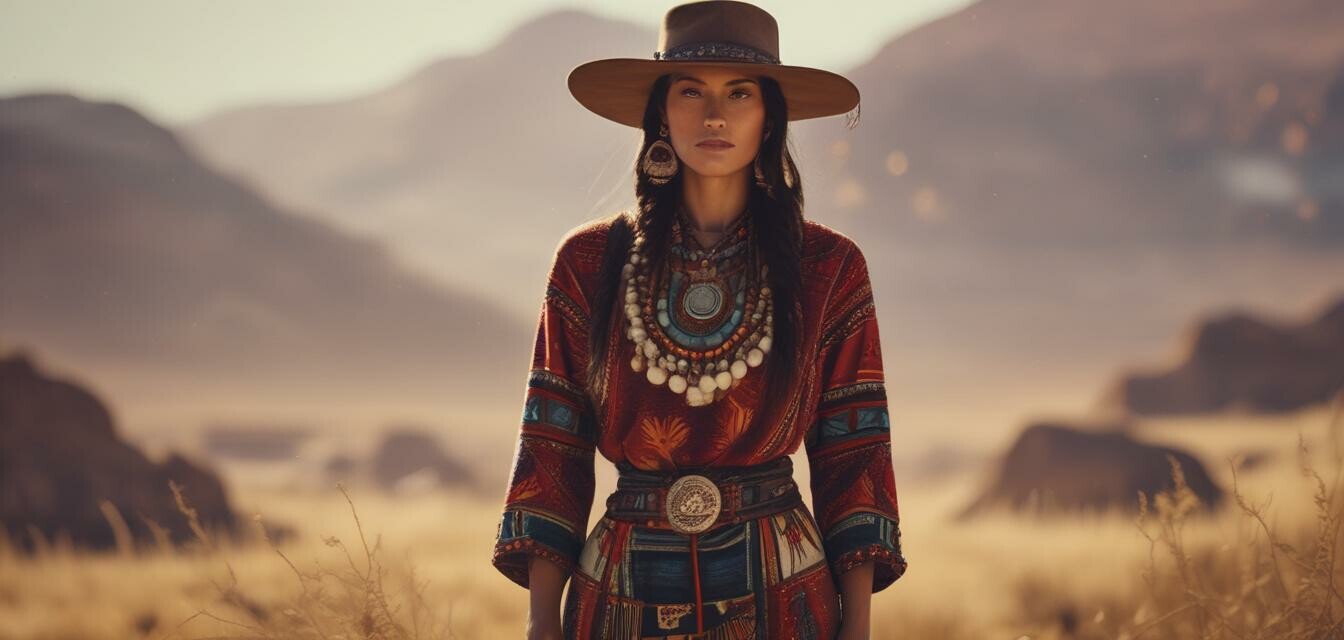
For FTC Disclosure see Footer
Indigenous-Western Fashion
Key Takeaways
- Indigenous styles and traditional techniques enhance modern Western fashion.
- Contemporary designers are embracing cultural traditions to create unique expressions.
- Combining fabrics and patterns from various cultures results in innovative designs.
- Fashion can be a form of cultural appreciation when done respectfully and authentically.
Indigenous-Western fashion represents a beautiful melding of cultures, where traditional indigenous designs and techniques merge seamlessly with modern Western styles. This fusion not only celebrates the vibrancy of indigenous fashion but also opens up discussions about cultural exchange and appreciation.
The evolution of indigenous-Western fashion
Over the years, the intersection of indigenous and Western fashion has evolved, giving birth to innovative designs that reflect both heritage and contemporary sensibilities. This evolution can be traced through various fashion movements and the work of talented designers who honor indigenous traditions while appealing to a modern audience.
Importance of cultural appreciation
When engaging with indigenous styles in Western fashion, it's essential to prioritize respect and authenticity. Cultural appropriation must be avoided, allowing indigenous communities to thrive and share their stories through fashion.
Key elements of indigenous-Western fashion
| Element | Description |
|---|---|
| Textiles | Utilizing traditional fabrics woven with cultural significance. |
| Patterns | Incorporating indigenous motifs that reflect storytelling and heritage. |
| Silhouettes | Blending indigenous styles with contemporary cuts for modern appeal. |
| Accessories | Using handcrafted jewelry and accessories as statements of cultural heritage. |
Innovative designers influencing the trend
Many designers are known for their blending of indigenous aesthetics with modern designs. Here’s a quick overview:
| Designer | Style Influence | Collection Highlights |
|---|---|---|
| Designer A | Modern minimalism with indigenous prints | Collaboration with native artisans |
| Designer B | Bohemian chic with cultural motifs | Focus on sustainability and heritage techniques |
| Designer C | Streetwear inspired by traditional elements | Heavy use of indigenous symbolism |
How to incorporate indigenous-Western fashion into your wardrobe
Tips for Beginners
- Start with statement pieces like a vibrant patterned scarf or a handcrafted bag.
- Mix indigenous accessories with modern Western clothing for a casual look.
- Support brands that work with indigenous designers to ensure authenticity.
- Educate yourself about the cultural significance of the designs you choose.
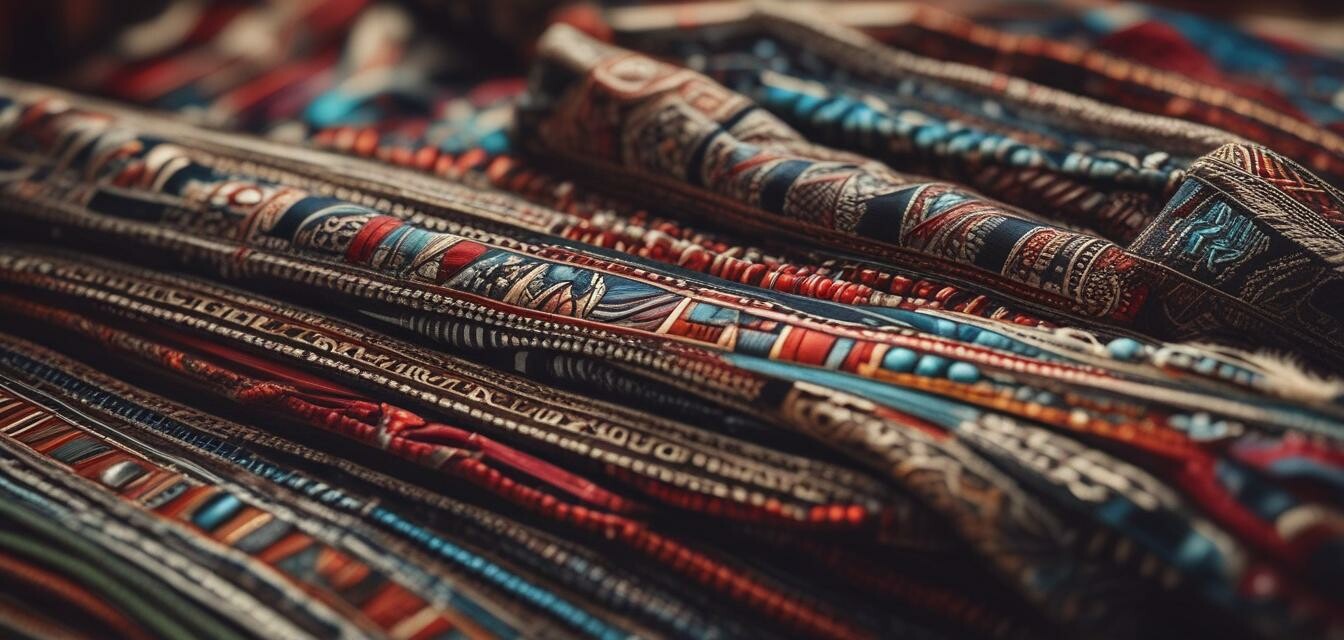
Challenges and criticisms in indigenous-Western fashion
Despite the beauty in blending these styles, challenges do exist. Critiques often arise about cultural appropriation versus appreciation, and the need for indigenous communities to have a voice in fashion narratives.
Understanding cultural appropriation
Cultural appropriation occurs when elements of one culture are used by another culture without proper understanding and respect. This can lead to a misrepresentation of the indigenous cultures involved.
Pros
- Celebrates diversity in the fashion industry
- Encourages fusion of art, culture, and modern design
- Promotes sustainability through the use of traditional techniques
Cons
- Risk of cultural appropriation if not done respectfully
- May dilute the meaning of indigenous symbols
- Can lead to exploitation of indigenous artisans
Looking to the future
The future of indigenous-Western fashion lies in continued collaboration and respectful representation. As consumers become more aware of cultural significance, we can hope to see a rise in authentic and sustainable fashion choices.
Explore more categories
Check out our unique collections that feature indigenous and Western elements:

